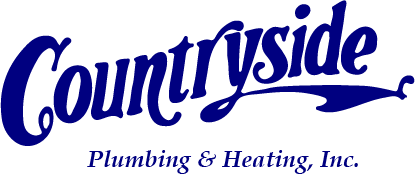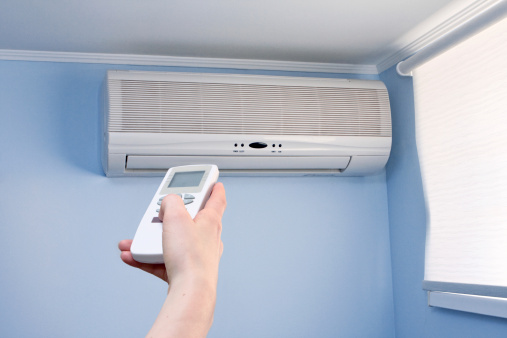Advice On Controlling HVAC Costs
Do you know how to slash your heating costs? We have a wealth of energy saving tips to help you reduce the cost of heating and cooling your home. Our team recognizes the importance of Controlling HVAC Costs. Implement small energy saving measures to make your home more energy efficient. There are various ways to improve home energy efficiency; in fact, many no-cost or low-cost power saving tips will help you to control annual HVAC running costs. However, various ways to save energy and money depend on climate, age and type of HVAC system, current energy pricing and energy management. Here are some simple ways to manage HVAC energy usage:
- Replace standard thermostats with programmable heating controls
- Swap your classic room thermostat for intelligent heating controls
- Use energy-efficient lighting
- Install a simultaneous heating and cooling system to lower energy usage
- Learn how to use your heat pump thermostat wisely
Controlling Commercial HVAC Running Costs
The above tips are good ways of Controlling HVAC Costs; however, we must also learn how to reduce commercial HVAC costs. An HVAC Economizer helps the system to run efficiently. This energy-saving device uses cool outdoor air to warm the indoor air. Commercial buildings are costly to heat or cool, but a correctly installed wet bulb economizer or dry bulb economizer will lower energy usage by around ten percent.
Variable air Volume systems or commercial VAV systems are ideal for business owners who must control heating, ventilation and air conditioning cost. Installing a VAV unit helps you to control room temperature precisely. This type of cooling and heating system is thermostatically controlled, enabling owners to cut HVAC bills.
Insulating heating ducts and pipes conserves energy and saves money. Any home or business owner who is trying to control HVAC running costs should install foil-backed fiberglass or vinyl duct insulation to the HVAC unit supply ducts. The return ducts need no insulation. Seal all system air leaks with silicone or duct tape before insulating.
We have written many articles about Controlling HVAC Costs. Our team have also discovered numerous unique energy saving tips and ways to help you keep your heating and cooling system running efficiently. We hope you have enjoyed reading this article and trust you will follow our further energy-saving advice.




